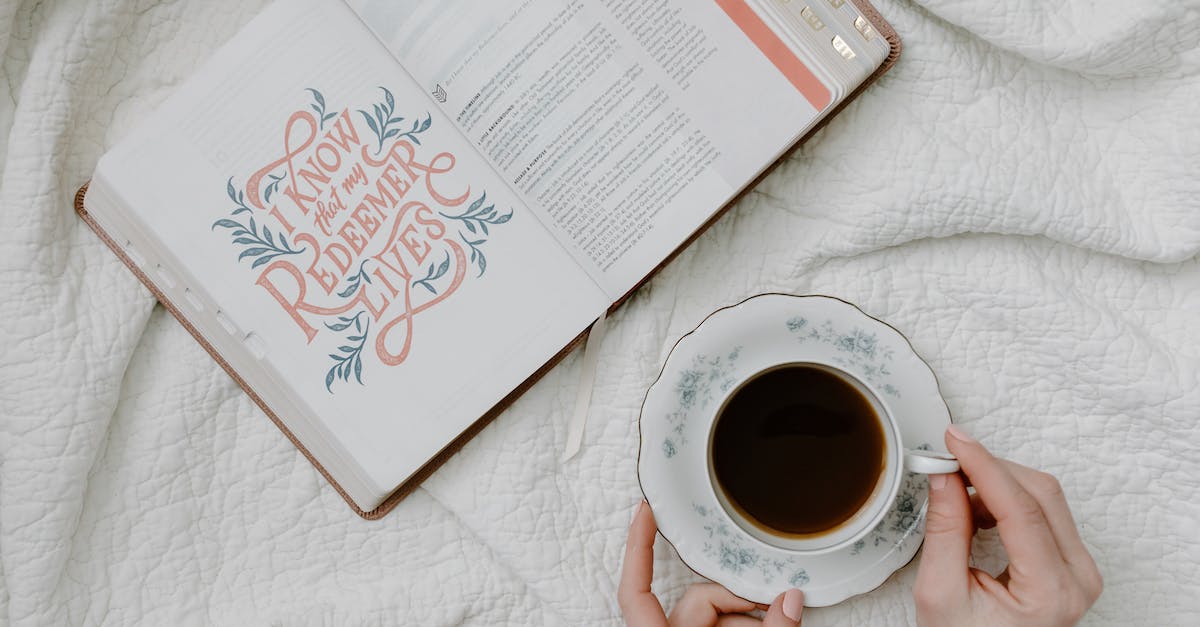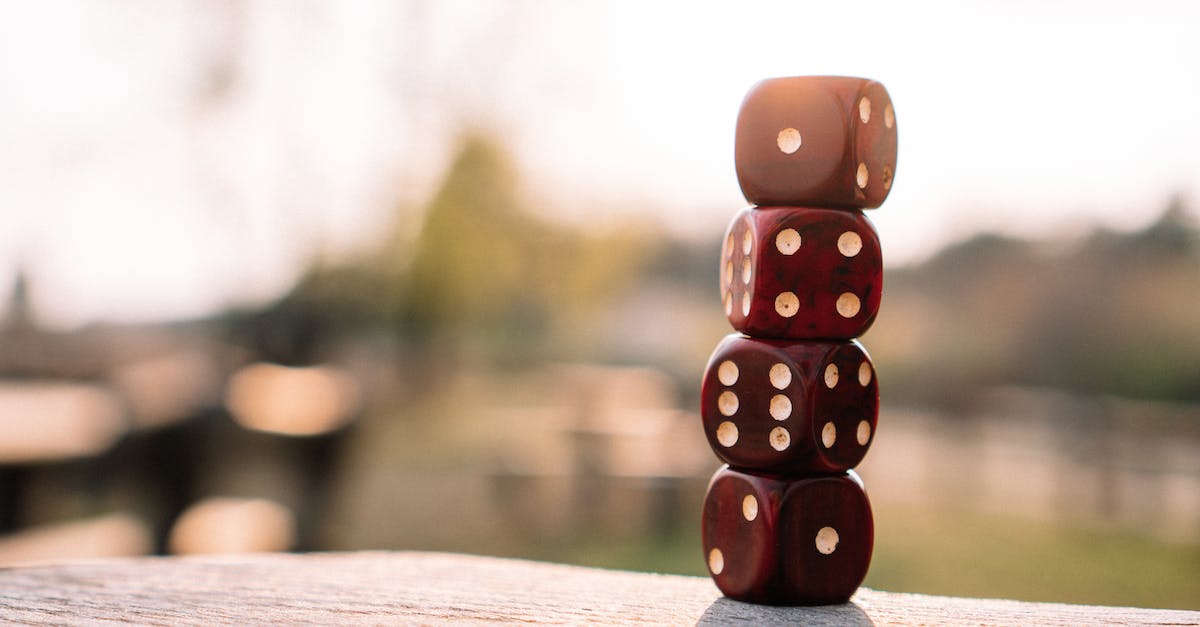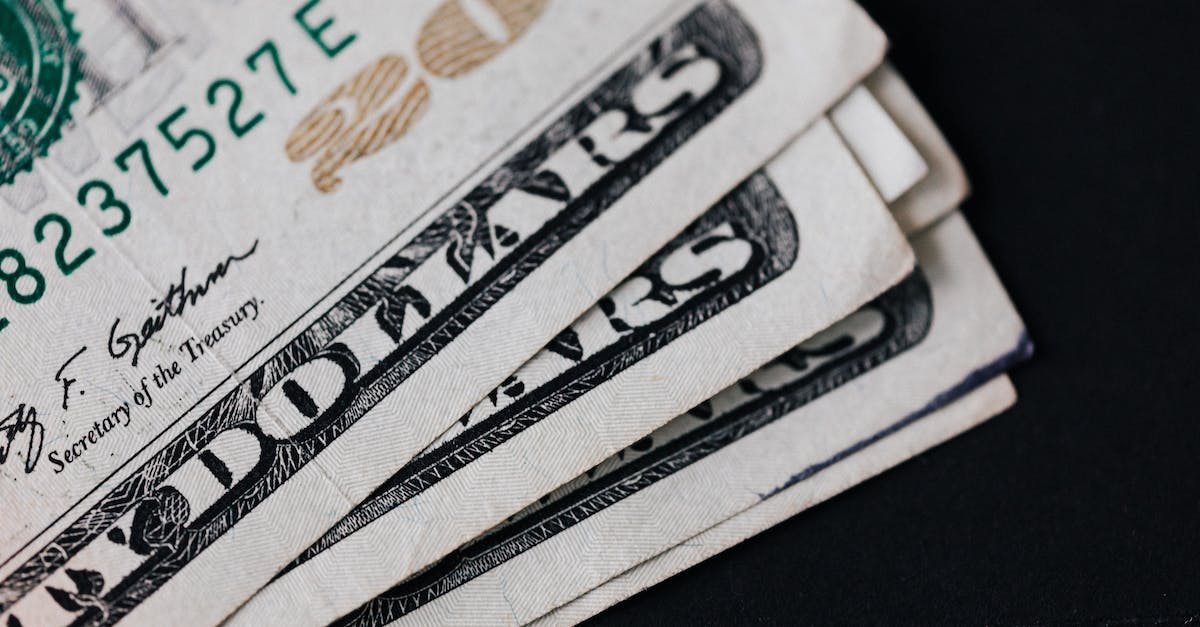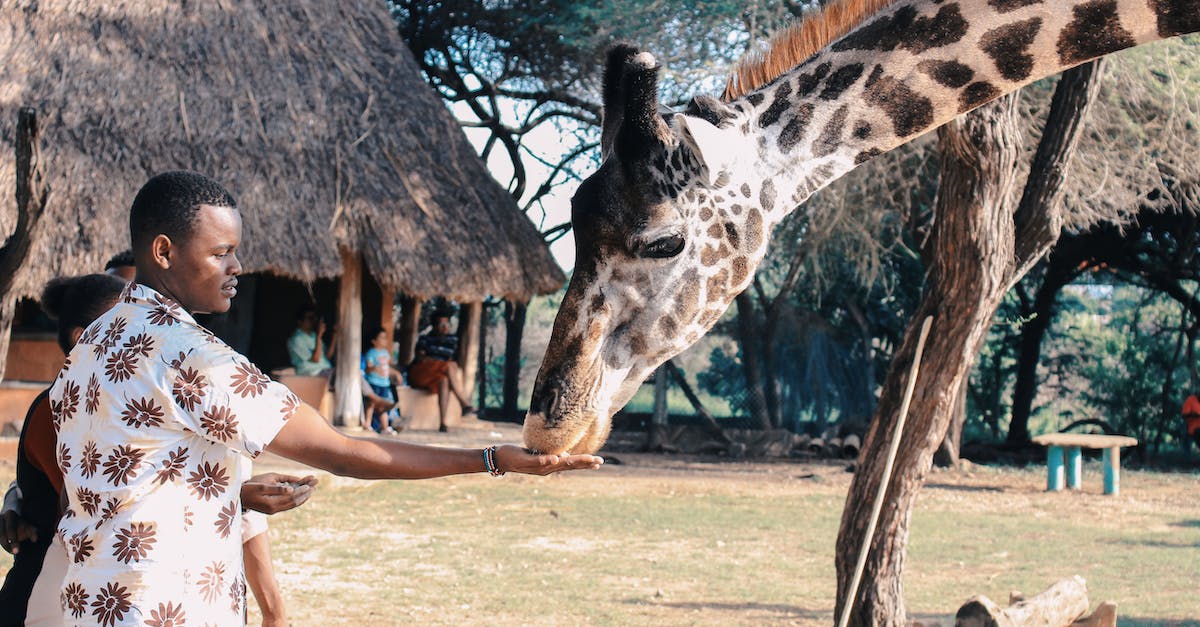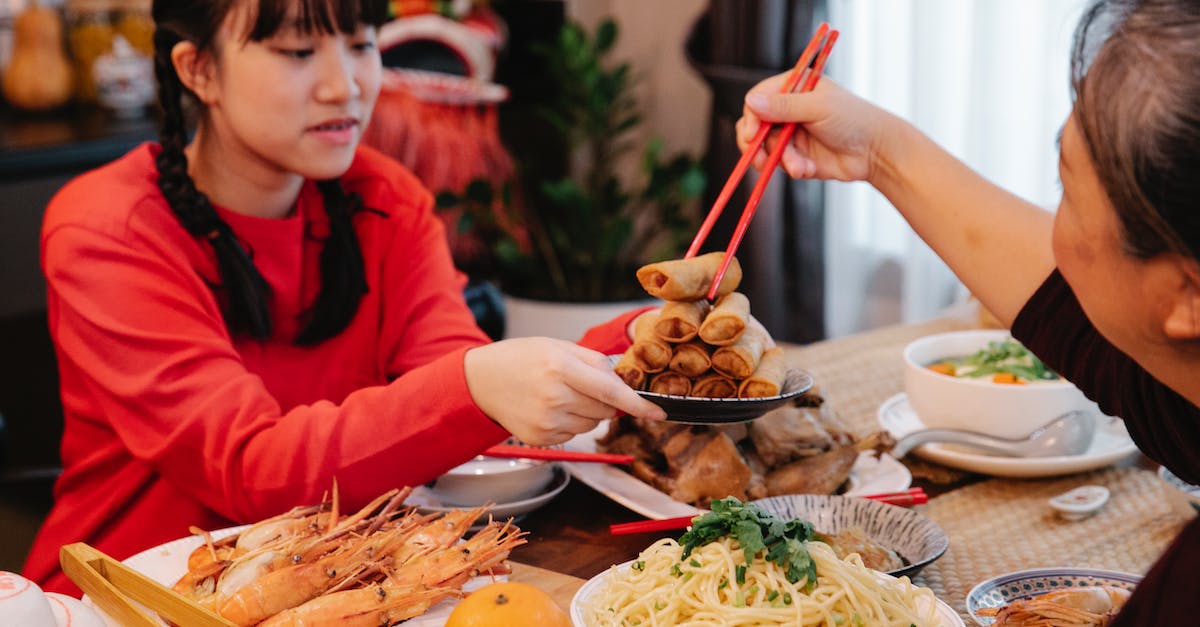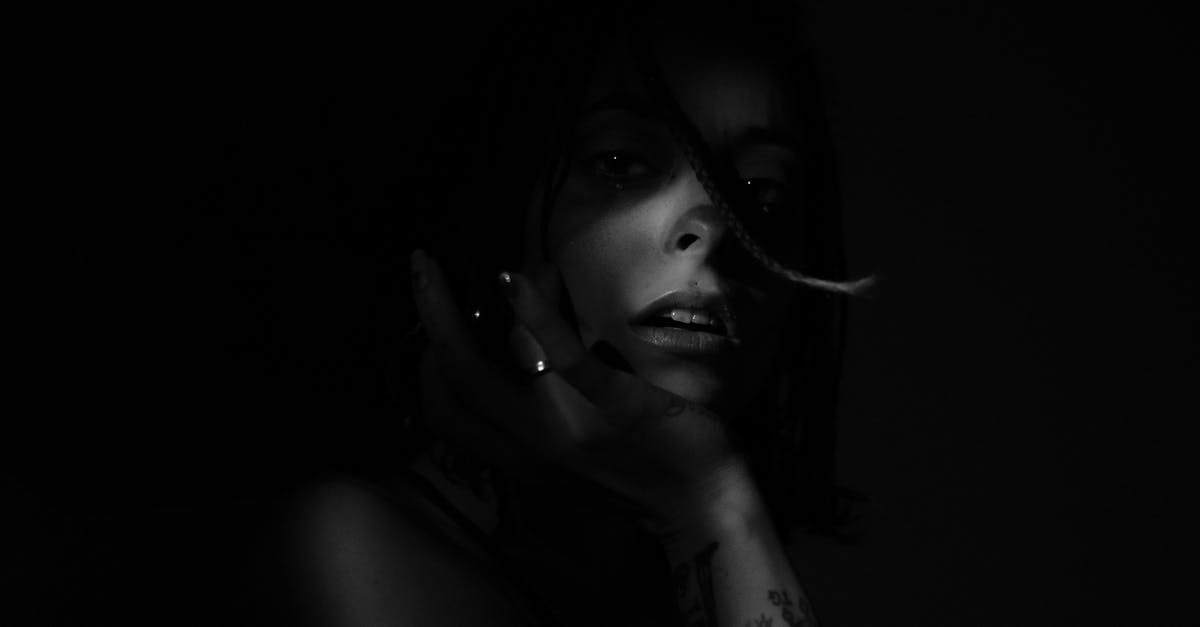The controversy around beauty brands offering to whiten skin in other countries.
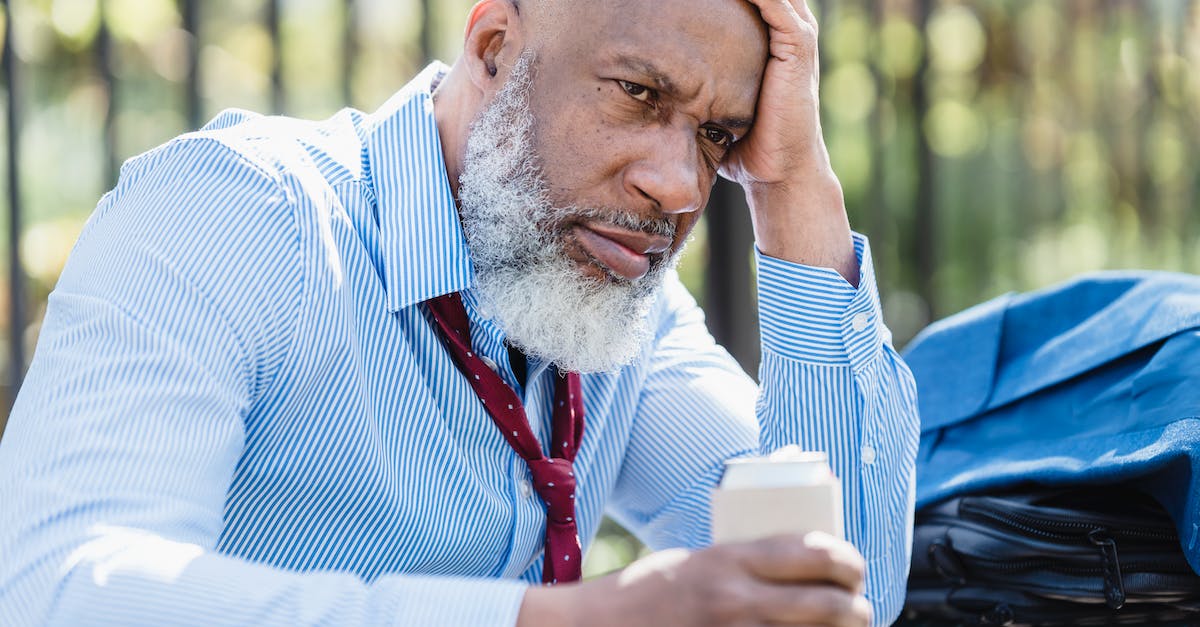
A series of corporate announcements in 2020 signaled what seemed to be an important moment for the cosmetics sector.
This was as Black Lives Matter amplified calls for racial justice across the US.
Consumers were quick to point out the discrepancy between the companies’ public statements, and the continued promotion of lotions, creams, and serums that claim to whiten skin, as multinationals were pressured to support racial equality.
Several major skincare companies pledged to revamp their brand and products lines in response.
Johnson & Johnson said it will stop selling skin whitening products in Asia and the Middle East.
L’Oreal pledged to eliminate words such as “whitening” or “fair” from their ranges.
Unilever also succumbed to increasing pressure and changed the name of Fair & Lovely (a controversial brand that focuses on South Asia) to Glow & Lovely.
Beiersdorf AG (Nivea’s parent company) also disassociated itself from terms like “whitening” or “fair,” explaining to Allure magazine it was conducting an “in-depth analysis” of its product offering and marketing strategy.
The German company informed CNN last year that it conducted the review, and would stop communicating with people who “dot not reflect the skin of our varied consumer base.” These were minor but important steps towards changing industry narratives that associate beauty, and often success, with whiteness.
You can visit these websites of cosmetic giants from Europe or the US today and you will not see any mentions to skin colors.
It’s quite different if you go from Asia, Africa, or the Middle East.
L’Oreal’s Singapore website, for example, still promotes creams and serums that have “powerful whitening” capabilities, while the Indian site stocks a moisturizer called “White Activ”.
The Chinese word for “whitening” is “white”, which literally means “beautiful” in Chinese.
L’Oreal recommends using a mask to whitening your skin.
Recent social media advertisements for mainland China offer a “whitening miracle” or “mild-whitening” that will “blow the spring breeze across your face.
Japanese equivalent “bihaku” is used to describe products and also sell them.
Unilever seemed to have different messages for different groups, even within the same geographic region.
Pond’s is one of the most well-known skincare brands.
The English version has no mention of “whitening” while the Spanish version had a section that was openly labeled as “whitening”.
CNN reached out to CNN for comments about this page.
Customers can purchase a variety of “White Beauty” products in Thailand.
These include sunscreens and facial cleansers.
Fair & Lovely is now called Glow & Lovely.
However, Fair & Lovely’s packaging still features lighter skinned South Asian models.
Unilever also continues to sell its “Intense whitening” facial wash in India via the Lakme brand.
The Philippines-based conglomerate Block & White has retained the brand name of the product.
It is marketed as a sunscreen, but has boasted about its “intensive whitening”, “5 in 1 Whitening Essentials” and other “intensive whitening” features.
Amina Mire has spent over two decades studying the skin-whitening market.
She believes that continued promotion of skin-whitening products shows that non Western markets remain “too lucrative for multinational corporations to make meaningful actions.” Although she acknowledges recent corporate announcements were a “step in the right direction”, the sociology professor at Carleton University, Ottawa, Canada believes that multinational companies will not make concessions in Asia.
They are improving their websites.
.
.
CNN spoke out to say that billboards and marketing materials show they are aware of their customers.
Mire asserts that brand messages that target women from the West would be difficult to change because many consumers are looking for clear assurances about the skin-whitening properties of the products.
L’Oreal stated that it had “made improvements” to its product lines, however, the transition was not complete due to product registration requirements and manufacturing schedules.
L’Oreal spokesperson said that they are “committed to removing the word whitening” from all markets.
According to the company, the usage of terms like “bihaku”, which is used in East Asian markets, was regulated.
The term “whitening” can be described as a “even, radiant, and free from blemishes skin tone.
Unilever spokeswoman said the company had stopped using terms like “fair”, “white” or “light” because they suggest a single ideal of beauty.
This statement also stated that almost all of Unilever’s communications and packaging have been changed to reflect the change.
The spokesperson stated that consumers may find old packaging on third-party sites or stock pipelines.
Some cosmetics companies, unlike Unilever or L’Oreal have tried to keep the topic quiet, avoiding accusations of hypocrisy.
Shiseido, the Japanese cosmetics company, is not making any public statements about the brand of the “White Lucent” product range.
Its high-end products can be found in Europe and America, but Shiseido hasn’t made any announcements.
CNN asked Shiseido about the matter last year.
The company replied that their products did not “have the ability to lighten the skin.” It also stated that it does not recommend or sell any whitening products.
CNN asked Shiseido for more information on this matter.
Other companies appear to being faithful to their commitments.
CNN conducted online searches on Johnson & Johnson websites.
The company dropped its Neutrogena Fine Fairness line from Asian markets and Middle Eastern in 2020.
It found no instances of “whitening.” CNN reached out to Johnson & Johnson for comments.
Nivea (whose name, according to the company, means “snowwhite”) appears to have taken a different path.
CNN discovered that Nivea, whose name means “snow white” and is almost two years since Beiersdorf AG made promises of changes, had a regional FAQ that acknowledged that beauty in Asia or Africa was often linked to having a lighter skin tone.
Nivea doesn’t promote skin lightening and its products don’t have any effect on skin color.
Products sold in India still had the marketing tag “whitening” or “extra-whitening.” Nivea Malaysia’s website still featured a section called “whitening”, with a model that is fair-skinned to appeal to Southeast Asian buyers.
CNN reached out to Beiersdorf AG and they removed these pages as well as the products.
However, Nigerian products still offer natural fairness.
It is easy to see why there may be a disconnect between actions and words.
According to the company, “Nivea products containing whitening ingredients continue to be our largest sellers in Asia.” Beiersdorf AG spokesperson said in a statement that the products that use the word “whitening” were “under review” and that adaptations to product communication would be more obvious.
.
.
In the next months, it will be gradually.
According to the company, it was “on a voyage and will.
.
.
It is committed to improving its products and services and “typically develops, produces and markets on a local basis to meet consumer demand.” Mire believes that words like “glowing” or “brightening,” used increasingly by cosmetics companies as replacements for their products, have as much colonial and racist roots as the words replacing them.
Mire believes that these cosmetics continue to use historical and racialized connections between skin color and social status.
Mire stated that although the word “whitening” has “become problematic”, she said that it still links lightness with urban progress and style with sophistication.
.
.
with modernity and globalization.
L’Oreal stated to CNN that brightening was the “most appropriate term” to describe products that address concerns like uneven skin tone, spots and blemishes, which are primarily due to UV radiation.
“A troubling contradiction” If the campaign to rename Fair & Lovely was a pivotal moment against skin whitening then Chandana Hiran, an Indian student was one of the key players.
The #AllShadesAreLovely petition, which she shared virally with over 35,000 signatures attracted attention from all corners of the globe to an obscure brand.
Hiran is currently enrolled in an MBA program at Canada’s Ivey Business School.
She was mixed about the apparent success of her campaign.
Hiran, who is currently in Mumbai to pursue an MBA program at Canada’s Ivey Business School, stated that her initial reaction was “it’s a step forward.” She also said that the campaign was a tacit acknowledgement of “what was wrong in the past.” The 24-year-old activist soon realized the name of the product was still prominently displayed on the products.
However, it is written as a message to the consumers: “Fair & Lovely has become Glow & Lovely.” Hiran stated that although the brand has been changed, the manufacturer have not removed themselves from the product.
He added: “They don’t acknowledge in marketing and advertising why the Glow & Lovely label was created or the problem with Fair & Lovely.
Hiran stated that the Unilever empire’s continued use of “whitening” or “fair” across other brands (such as Block & White and Lakme) creates a worrying inconsistency.
He asked: “If they know this is a problem in one area, then why not apply it to all?” Waiting for someone to tell you that it is necessary to make the changes in your area doesn’t seem right.
Watch: This woman is trying to stop the skin whitening industry.
The woman trying to end the skin-whitening market.
Assistant professor of strategy and policy at National University of Singapore Business School Arzi Adbi said that he thinks these firms promote beauty ideas that are linked to lighter skin, and that they fuel demand that may indirectly pose a risk to people’s health.
Adbi’s research shows that while skin whitening products made by multinationals don’t usually contain mercury or toxic chemicals, Adbi believes they can still create demand for cheaper, more effective, and often harmful, locally-made creams.
He said that multinationals have higher corporate governance standards.
They conduct their audits, and they are cautious about launching products that could cause harm.
But once you have legitimized the market for skin-whitening products, it is impossible to control smaller, local firms from countries such as India.
.
.
Launching riskier and more powerful products can whiten skin but have long-lasting adverse side effects.
Adbi described Unilever’s decision not to use the term “fair” in its brand as “extremely cosmetic.” He said it was a better move to acknowledge the influence of past advertising campaigns which suggested lighter skin could lead to improved outcomes.
Abdi stated that if they really meant it they would apologize for their Indian TV ads.
These commercials showed women with darker skin not being able to get good jobs and husbands until they started using these products.
Similar promotional campaigns have been condemned by many other brands.
A controversial Pond’s ad campaign in 2008 featured Priyanka Chopra, a Bollywood actress playing a role where she won back her love by applying the products to give her a pinkish-white glow.
She later apologized in 2021 for her part in the ads.
Dove posted a 2017 social media advertisement showing a Black woman taking off her brown shirt and showing a White woman wearing a lighter shirt.
Nivea, a company that claims to have “visibly fairer skin,” was also criticized for its billboards appearing in Ghana and West Africa.
NPR was given a statement by Nivea at that time.
It stated its campaign was not meant to denigrate or glorify anyone’s skin care needs.
The company also said the products were designed to protect the skin against long-term skin damage and premature skin ageing.
Adbi’s request that beauty companies acknowledge past problems and discontinue them was echoed by Hiran, who recalled the negative effects they had on her when she was a kid in India.
She said, “I would never feel inferior.” You feel that nobody is going to get married to you, and everything fairness cream ads said was true.
It would be impossible to find a partner.
You wouldn’t be chosen for a job.
For a very long time, my self-esteem was low.
She added, “That was the narrative being told by society.” Everyone was involved.
Today, however, things are slowly changing.
However, the message you hear and the volume at which you hear it may depend on your location in the world..
Adapted from CNN News

